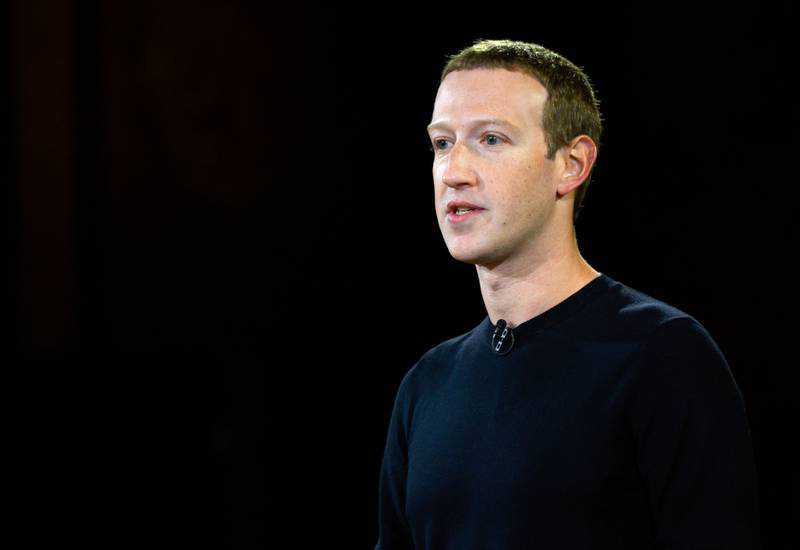Zuckerberg shoots back and says Facebook does not put profit over safety
06 October, 2021

Facebook does not prioritise its profits over user safety and well-being, chief executive Mark Zuckerberg said in a socal media post on Tuesday after a former employee came forward as a whistle-blower and testified in a Congressional hearing about the company’s practices and policies.
“At the heart of these accusations is this idea that we prioritise profit over safety and well-being. That’s just not true,” Mr Zuckerberg said.
“We care deeply about issues like safety, well-being and mental health. It’s difficult to see coverage that misrepresents our work and our motives. At the most basic level, I think most of us just don’t recognise the false picture of the company that is being painted.”
On September 13, The Wall Street Journal began publishing stories based on a cache of internal documents, revealing that Facebook knew about numerous problems with its products – including Instagram’s harm to teenage girls’ mental health and misinformation about the January 6 Capitol riots – while playing down concerns in public.
Facebook algorithms reward posts with high levels of user engagement, often resulting in the platform pushing harmful content to users, the whistle-blower Frances Haugen testified on Tuesday.
She provided Facebook documents to the US Congress and The Wall Street Journal, which reported the social media company contributed to increased polarisation online when it made changes to its content algorithm and failed to take steps to reduce vaccine hesitancy.
Ms Haugen, 37, a data scientist from Iowa, called for transparency about how Facebook entices users to stay on the site, giving advertisers ample opportunity to reach them.
“The argument that we deliberately push content that makes people angry for profit is deeply illogical. We make money from ads, and advertisers consistently tell us they don’t want their ads next to harmful or angry content,” Mr Zuckerberg said.
“And I don’t know any tech company that sets out to build products that make people angry or depressed. The moral, business and product incentives all point in the opposite direction.”
The chief executive said Facebook employed many more people dedicated to fight harmful content than other technology companies.
Internal Facebook research provided by Ms Haugen, who left the company in May, shows the platform is aware that Instagram is detrimental to the mental health of teenagers.
“Of everything published, I’m particularly focused on the questions raised about our work with kids,” Mr Zuckerberg said. “I’ve spent a lot of time reflecting on the kinds of experiences I want my kids and others to have online, and it’s very important to me that everything we build is safe and good for kids.”
Mr Zuckerberg called on Congress to update internet regulations that determine the age at which children should be allowed to use internet services, how tech companies should verify users’ ages and how companies should balance giving young people privacy while giving parents visibility of their children’s online activity.
“Similar to balancing other social issues, I don’t believe private companies should make all of the decisions on their own,” he wrote. “That’s why we have advocated for updated internet regulations for several years now.”
Technology companies should build experiences that meet young people’s needs and keep them safe, Mr Zuckerberg said.
Referring to the six-hour disruption that took Facebook’s flagship products offline on Monday, he said it “was the worst outage we’ve had in years”.
“The deeper concern with an outage like this isn’t how many people switch to competitive services or how much money we lose, but what it means for the people who rely on our services to communicate with loved ones, run their businesses or support their communities,” he wrote.
Source: www.thenationalnews.com
TAG(s):
